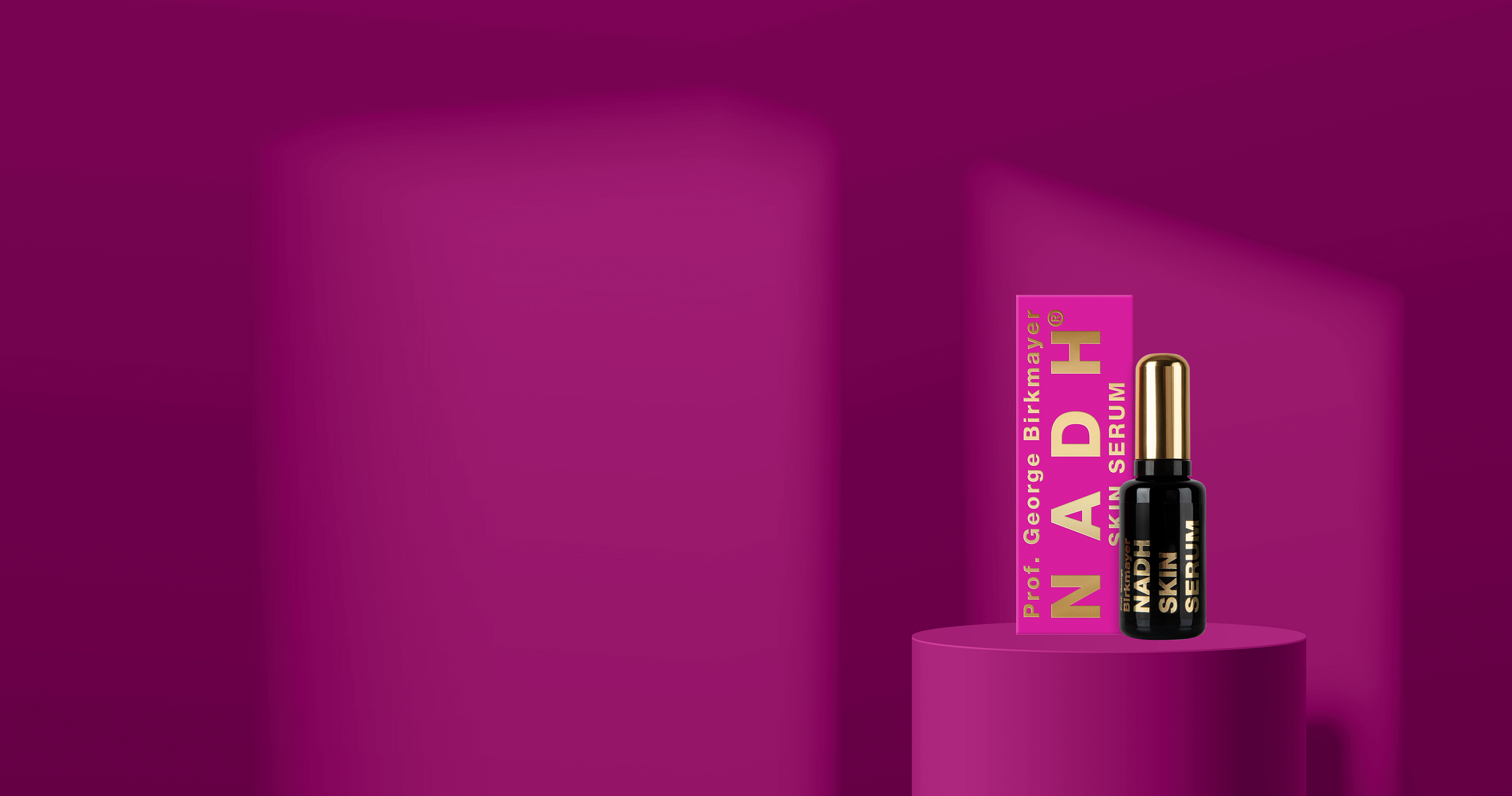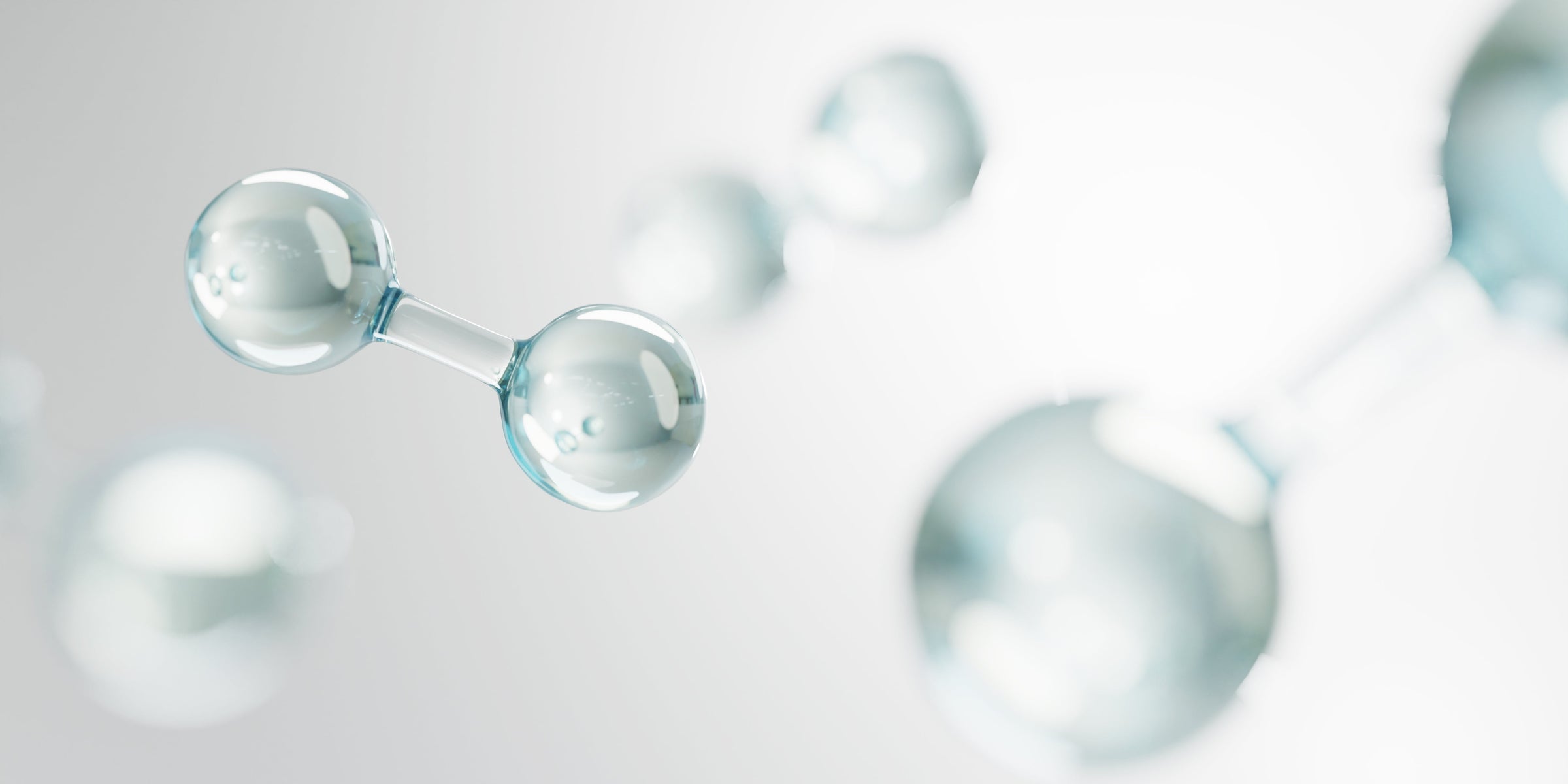NADH (Nicotinamide Adenine Dinucleotide Hydride) - also known as Coenzyme-1 - is a natural, endogenous substance.
The discovery of NADH dates back to the biochemist Sir Arthur Harden in 1906. Harden and his colleague William Young conducted experiments on yeast to find out how sugar is converted into alcohol. In doing so, they discovered that the enzyme Zymase produces NADH when it breaks down sugar.

The cell is the basic building block of every living organism on Earth. It performs tasks of immense complexity and significance every day.
To fulfill these tasks, it needs sufficient energy. NADH is THE crucial component in generating this energy.
For this reason, the positive effects of NADH reach into each of our over 37 trillion cells.
How is energy generated from NADH?
NADH is produced by the body itself from carbohydrates, proteins, and fats in a highly complex process of chemical reactions - the citric acid cycle - in the mitochondria.
The resulting NADH then reacts with the oxygen present in every cell and forms water & energy in the form of ATP (Adenosine triphosphate), the main energy source for cells (simplified illustration below).

NADH is found in our food, especially in raw meat or fish. However, it is largely lost during food preparation (e.g., cooking, frying, or baking). Therefore, a stable, absorbable, and highly bioavailable form of NADH is crucial.
This is exactly what is ensured by the Original Prof. George Birkmayer NADH formulation.

Prof. George Birkmayer NADH is derived from baker's yeast, which is reduced to NADH through chemical-biological processes. It is 99.9% pure and, as a prepared active ingredient, no longer contains yeast traces.

The therapeutic effects of NADH on the human organism were discovered by Prof. George Birkmayer and confirmed in numerous studies.
You can read the results of his research in this book.




